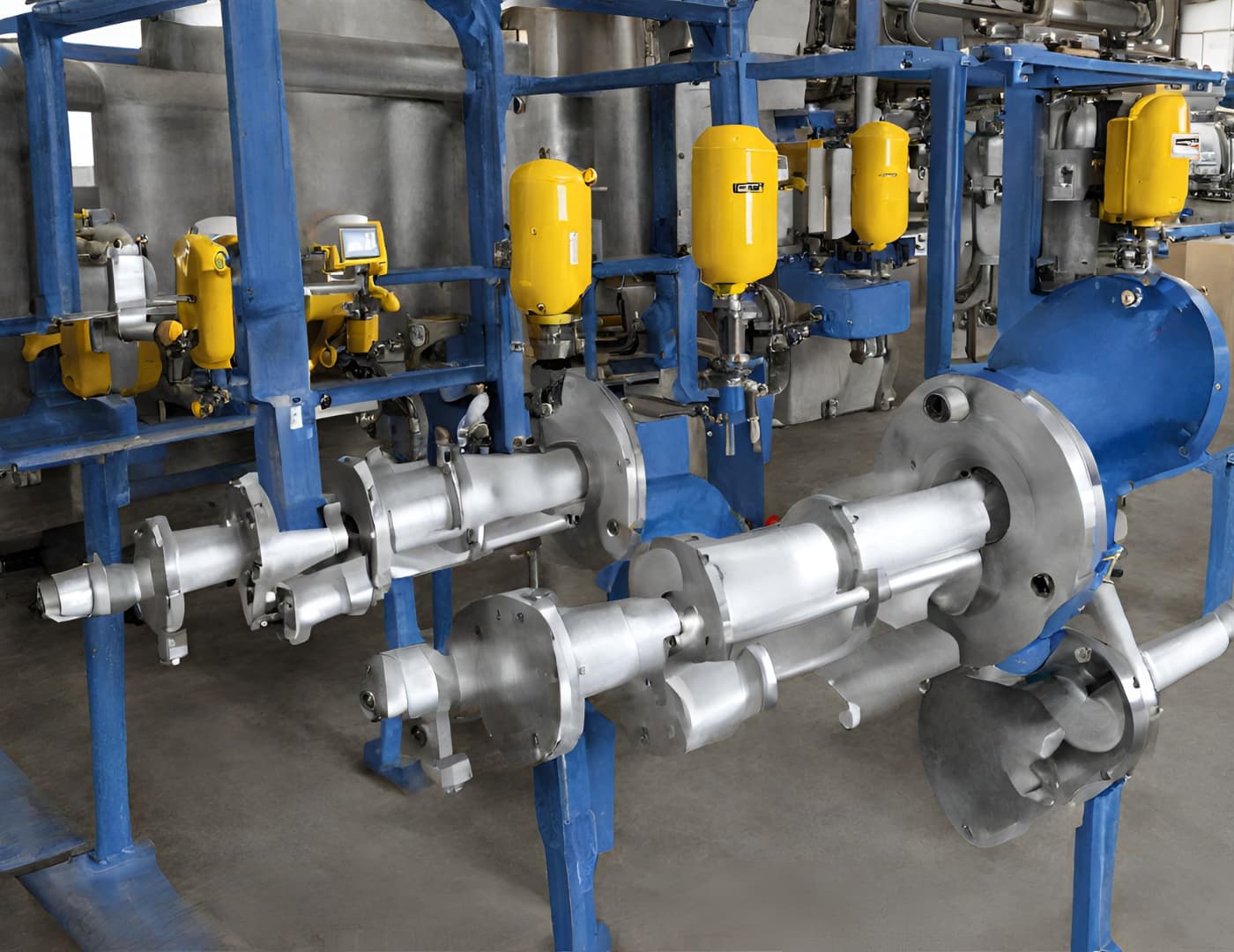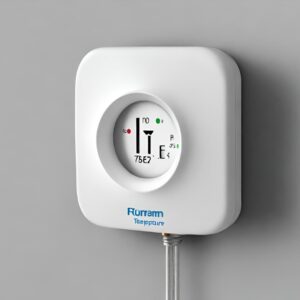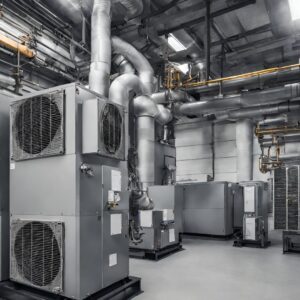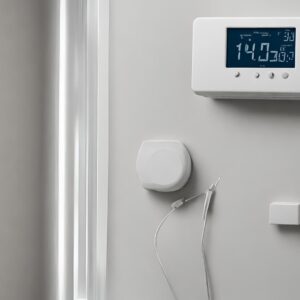In the world of fluid control, the unsung heroes are undoubtedly Hayward flow control valve actuators. These unassuming yet indispensable devices are the driving force behind precision and reliability in regulating the flow of liquids and gases. In this blog post, we will delve into the realm of valve actuators, exploring their vital role in ensuring efficient and accurate fluid control across various industries. From the basics to advanced applications, join us in unraveling the secrets of these silent guardians.
The Basics of Valve Actuators
To understand the significance of KMC valve actuators, it’s essential to grasp their fundamental purpose and mechanics. Valve actuators are mechanical or electromechanical devices designed to control the position of a valve, which, in turn, regulates the flow of fluids through pipelines or systems. They play a pivotal role in managing the rate, direction, and quantity of fluid flow, ensuring processes run smoothly and efficiently.
The Key Types of Valve Actuators
Valve actuators come in various types, each tailored to specific applications and requirements:
- Pneumatic Actuators: These actuators use compressed air to operate valves, known for their reliability and rapid response, making them ideal for applications requiring quick valve movement. Pneumatic actuators are like the sprinters of the valve actuator world, swiftly and dependably responding to control signals.
- Electric Actuators: Electric actuators rely on electrical energy for operation and offer precise control and accuracy. They are highly energy-efficient and are favored in applications demanding fine control. Electric actuators excel in maintaining a steady, controlled pace.
- Hydraulic Actuators: Hydraulic actuators use pressurized hydraulic fluid to control valves, delivering high force output. They are suitable for applications requiring substantial force but may not be as energy-efficient as pneumatic or electric counterparts. Hydraulic actuators are akin to the heavy lifters, handling tasks that require significant power.
Applications Across Industries
Valve actuators find applications across a spectrum of industries, each benefiting from enhanced efficiency, energy conservation, and operational precision:
- Manufacturing: In manufacturing, precision and energy efficiency are paramount. Valve actuators ensure meticulous control of processes, resulting in consistent product quality and reduced waste. They are the conductors of the manufacturing orchestra, ensuring every note is played perfectly.
- Water Treatment: Water treatment plants rely on valve actuators to efficiently manage the flow of water and treatment chemicals, minimizing resource use and lowering the carbon footprint. Valve actuators act as the custodians of clean and safe water, tirelessly managing its flow and quality.
- HVAC Systems: In commercial and residential buildings, HVAC systems equipped with valve actuators maintain ideal indoor conditions with minimal energy consumption. Smart HVAC systems adapt to changing conditions and occupancy, further enhancing energy savings and comfort. Valve actuators are the guardians of indoor comfort, ensuring that spaces remain perfectly tempered.
Energy Efficiency and Environmental Impact
Energy efficiency is a central concern in fluid control systems, and valve actuators play a pivotal role in this regard. Inefficiently sized or operated valve actuators can consume significant amounts of energy, leading to higher operational costs and an increased environmental footprint. Excessive energy consumption can even strain local power grids, resulting in power quality issues and operational risks.
Energy-efficient valve actuators offer several compelling benefits:
- Reduced Energy Consumption: Energy-efficient valve actuators optimize the actuation process, significantly reducing energy consumption, resulting in tangible cost savings and environmental benefits. They are the eco-conscious stewards of energy efficiency.
- Lower Operational Costs: Energy-efficient systems inherently lead to cost-effectiveness, with energy savings translating into reduced operational expenses. Valve actuators contribute to financial health as efficient cost managers.
- Extended Equipment Lifespan: Energy-efficient actuators experience less wear and tear, leading to extended equipment lifespans. Fewer replacements conserve resources and promote sustainability. They are the guardians of equipment longevity.
- Lower Greenhouse Gas Emissions: Reduced energy consumption directly translates into lower greenhouse gas emissions, crucial for organizations striving to meet sustainability targets. Valve actuators are champions of environmental responsibility, reducing carbon footprints.
Future Trends and Innovations
The valve actuator landscape is continually evolving, driven by innovative technologies that push the boundaries of efficiency and control:
Smart Actuators: Equipped with sensors and advanced control algorithms, smart valve actuators enable real-time adjustments based on environmental conditions and system requirements, further enhancing comfort and reducing energy consumption. They are the intuitive leaders of fluid control.
IoT Integration: The Internet of Things (IoT) is revolutionizing valve actuation by providing real-time data on system performance and energy consumption. This data facilitates proactive maintenance, reducing downtime and optimizing energy use. Valve actuators, connected to the digital realm, are the visionaries of fluid control.
Conclusion
In conclusion, valve actuators are the often-overlooked champions of fluid control, shaping the efficiency and precision of processes in various industries. From manufacturing to water treatment and HVAC systems, these silent guardians ensure that fluids move seamlessly, conserving energy, reducing costs, and minimizing environmental impact. As technology continues to advance, the future holds the promise of even more efficient and sustainable fluid control systems, all thanks to the remarkable capabilities of valve actuators. They may be silent, but their impact is loud and clear. Valve actuators are, indeed, the unsung heroes of fluid control, orchestrating the symphony of efficient processes in our world.




